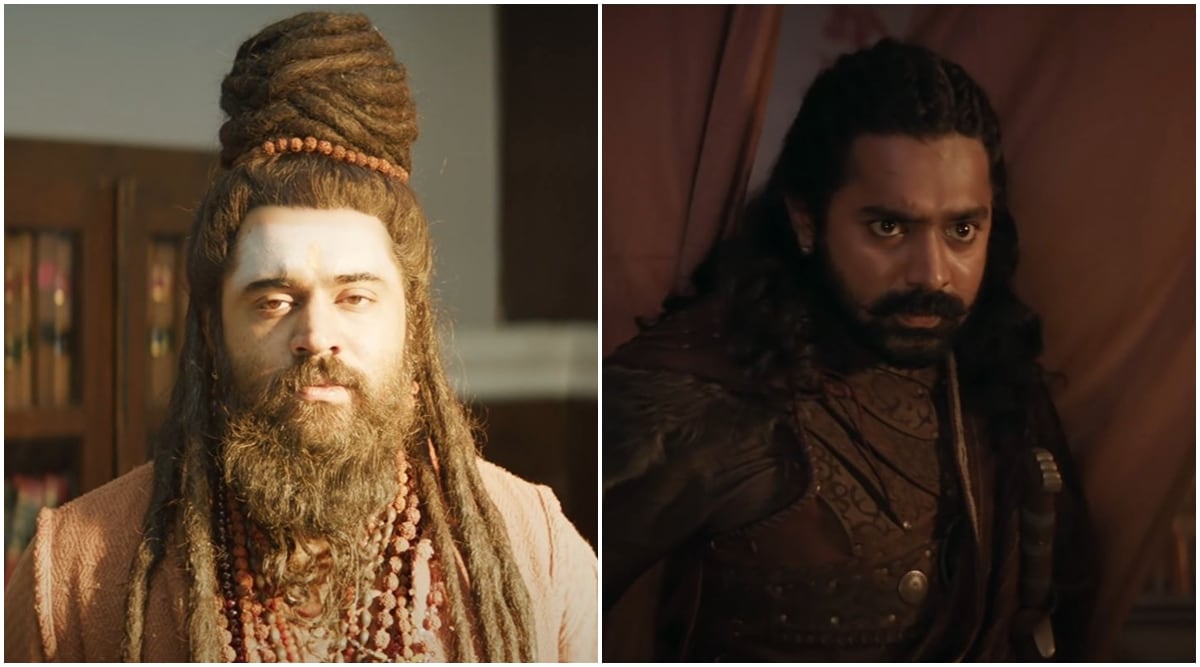Mahaveeryar review: In Mahaveeryar, Abrid Shine questions our evolution as a civilization. How far has our thinking evolved when it comes to truth, justice and freedom compared to how those who lived in the 18th century perceived them? He uses our modern legal system to question a crime that happened several centuries ago.

Director Abrid Shine’s latest movie Mahaveeryar is an absurd vision, which was only made possible due to the existence of cinema. In no other storytelling form, Abrid would have made this film work in the way he had intended. The story begins in the 18th century. A king, played by Lal, is suffering from a one-of-its-kind illness. He’s troubled by frequent hiccups. No amount of water or wine can solve his problem. Even the best doctors of the time can’t come up with a medicine to end his torment.
The king summons his commander and orders him to bring him the most beautiful woman in the kingdom. Legend has it that he already has around 2,000 women in his harem. But, the king isn’t satisfied. He’s looking for something else that hundreds of his wives could not offer him. He is the manifestation of gluttony. Veerabhadran (Asif Ali), the king’s loyal commander, sets off to execute the will of the crown. And he travels hundreds of miles before he reaches a small village in the desert, where the most beautiful girl in the kingdom lives.
In Mahaveeryar, Abrid Shine questions our evolution as a civilization. How far has our thinking evolved when it comes to truth, justice and freedom compared to how those who lived in the 18th century perceived them? He uses our modern legal system to question a crime that happened several centuries ago. But, it seems, like, in ancient times, even the modern courts are powerless in the face of the absolute power of the king. At one point, you see all the rights, protections and guarantees of freedom and dignity promised by the court come apart when the judge gets convinced that “the king can do no wrong”.One of the shocking moments in the movie brings to mind a scene from The Trial of the Chicago 7. In the Aaron Sorkin directorial, the judge hearing the case orders the court marshals to gag and bind an African-American defendant right in the middle of a full-house hearing. The scene is unnerving as it exposes the vulnerability of our modern justice system. There’s a similar scene in Mahaveeryar, when the judge forgets his sworn duty and becomes a servant to the crown.
Mahaveeryar takes some time to find its element. For most of the movie, it takes some effort on behalf of the audience to stay invested in the narration. Even though the absurdity and the suspense around the true identity of Apoornnananthan entertain us in the first half, the second half takes its sweet time to come into its own. But, the insightful third act is rewarding, depending on how well you grasped the underlying commentary of the movie.
No comments:
Post a Comment